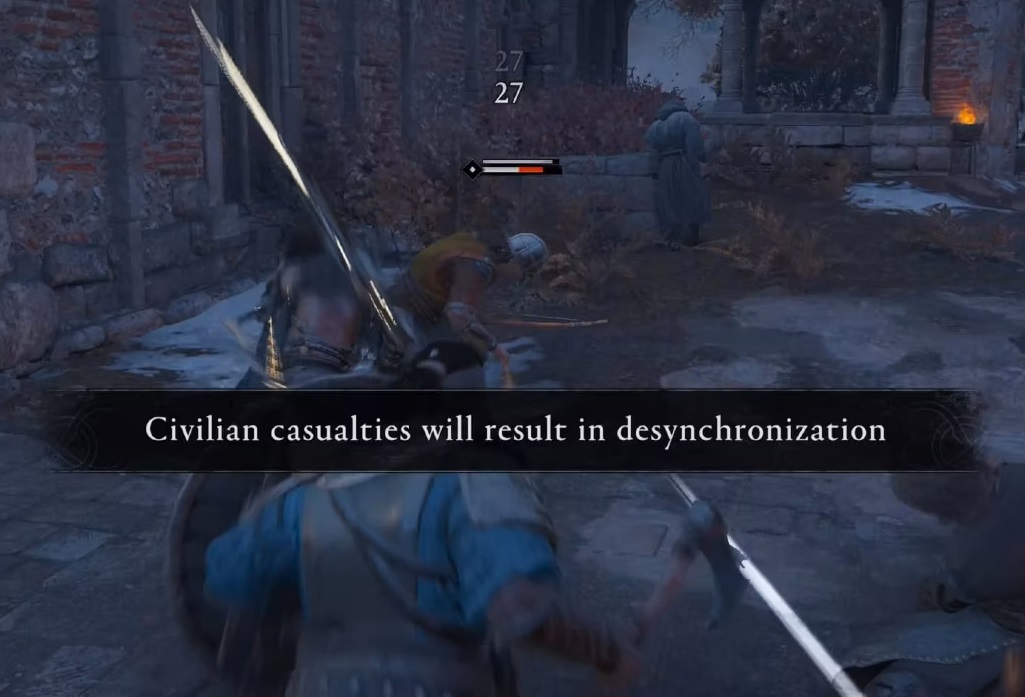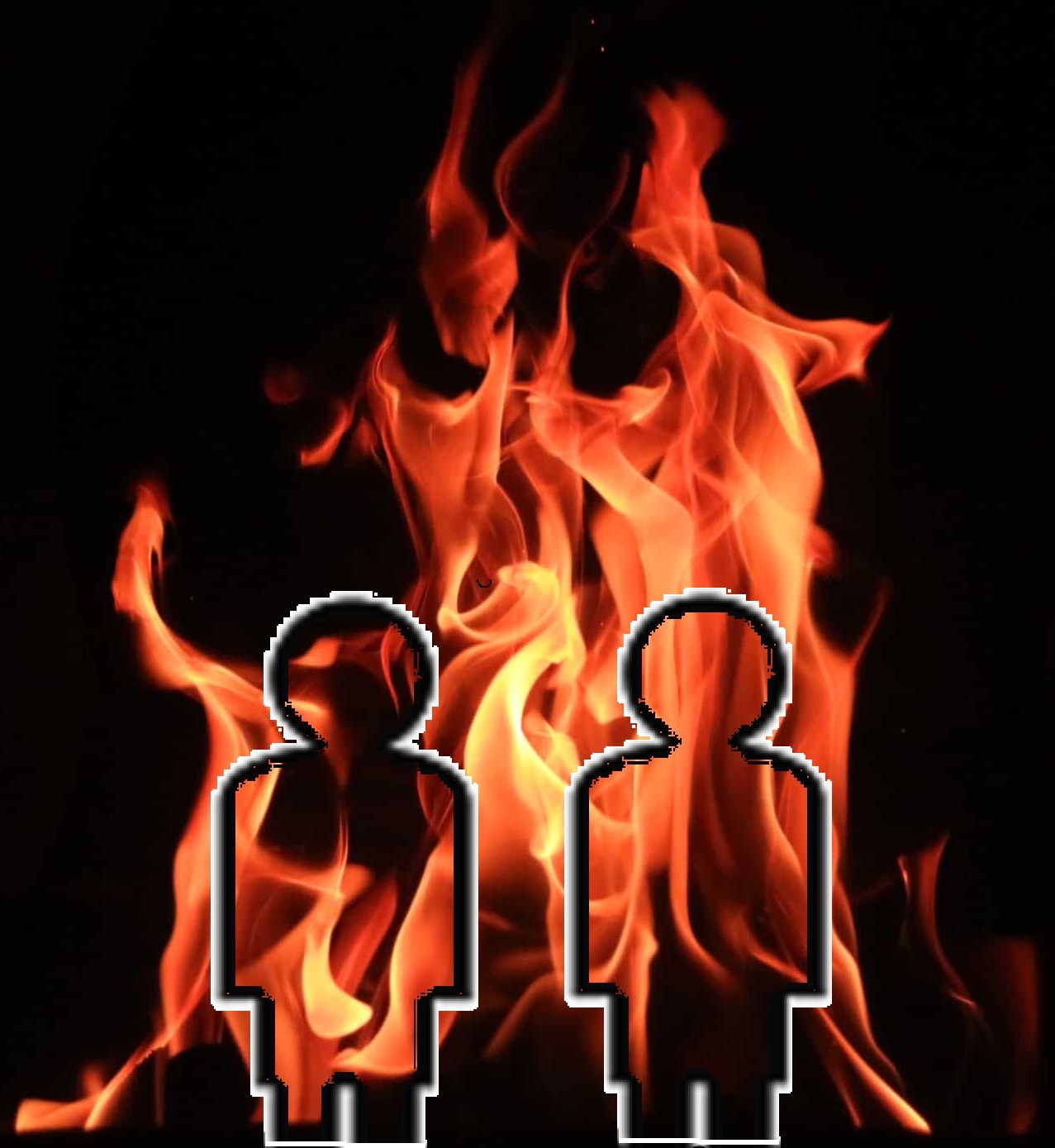Unauthorized
By Anthony Casperson
11-12-22
Although it’s been a while since my first experience of an Assassin’s Creed game (which was with the second installment of the series), there is one aspect of that occasion which stuck with me in my later full playthrough of the game and others in the series.
I was in control of Ezio—or I suppose, Desmond who was reliving the experiences of Ezio through the Animus—who was an assassin from the Renaissance. And because I was playing on a friend’s console, I had not learned one of the major tenets of assassins in the game series: Don’t kill innocents.
However, it didn’t take me long to see this rule display on the screen. While figuring out the button commands, I happened to hit the one that performs a quick assassination. And was near an everyday citizen at the time. With the downed NPC at my feet, the warning popped up that told me since Ezio didn’t kill innocents, the Animus would desynchronize if I continued to do so. Essentially, the game would kick me out of any quest, losing all of the progress that had been made in it.
There were consequences for not obeying the general rules of the game, rules that I had now been told.
Less than a minute later, Ezio ran through the city. And I pressed what I thought would be the right button to perform some other aspect of the game’s mechanics, but what I’d actually hit was the quick assassination button again. Down another innocent fell. And the screen showed desynchronization in the Animus.
I succumbed to the punishment for not acting in line with the game’s stated method of play.
The memory of this experience came back to my mind as I read through Leviticus 10 for my daily devotions earlier this week.
In the chapters leading up to this one, God—through Moses—explained to the Israelites what types of sacrifices were acceptable for them to offer their God. And he also detailed the actions that the priests were to perform with regard to the sacrifices and the altar.
There would be consequences for not obeying the commands of God, commands that they had now been told.
And then at a time that seems like less than a minute later (though it was probably a little longer than that), a pair of priests named Nadab and Abihu offered up unauthorized fire on the altar. These sons of the high priest, Aaron, pulled a Merry and Pippin that firework near the beginning of the first Lord of the Rings movie. Only it wasn’t Gandalf who came to lay out the punishment. No, it was the holy and just God who had told them how to behave around the altar in the preceding chapters.
And they succumbed to the punishment for not acting in line with God’s stated method of worshipping him. That very unauthorized fire they offered became their manner of death.
God’s statement concerning his stance in this situation comes in Lev. 10:3. “Among those who are near me, I will be sanctified, and before all the people I will be glorified” (ESV).
We among God’s people who are near to his service (priests, pastors, bible teachers, spiritual leaders, etc.) have a responsibility to make sure that our actions with regard to these roles keep the holiness of God in mind. He is wholly other than we humans. “Close enough” and “good intentions” are not holy. Not if they cause us to perform any action that goes against God’s ways.
James 3:1 speaks to the greater responsibility of teachers and spiritual leaders as well. Since we are teaching others about the ways of God, unauthorized teaching leads to the sin of many others, not just our own personal sin. When we lead in methods that are outside of the commands of God, we train others in ways that are not holy before God. And any attempt to glorify him through those falsehoods, will be nothing but error, sin, and spiritual decay.
We see the role for people who are not leaders in those last few words from the quote above. It’s the responsibility of God’s people, we who are in relationship with him, to glorify him. Give him the proper honor and respect. Weigh out our actions to align with his commands.
These words from Leviticus show us the outline of how to act in relationship with God. Do our actions and words show God as far greater and beyond mere humanity? Or do they show him as nothing more than a fellow human that thinks and behaves like our current culture? Is God given his due regard? Or do we ignore or mock him with our deeds?
Let’s focus on the holiness of God and bring him glory in all that we teach and do. Anything else will leave us consumed by the consequences.




